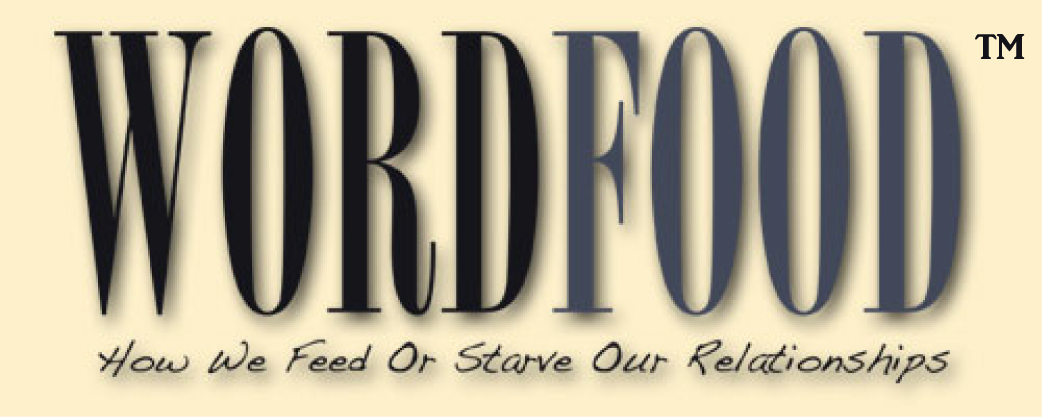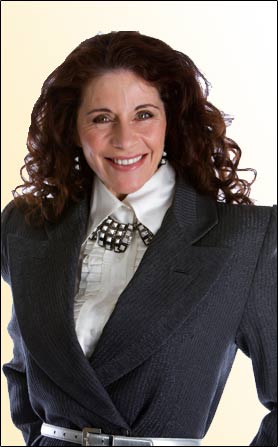My neighbors, Marge and Everett, are in their seventies. Since moving here in 2006, I’ve visited them every so often and we’ve had a good connection. I’m single so sometimes I’ve had to ask Everett for help around the house, often using his long ladder to climb on the roof to dust the heavy snow off my dish during football season.
Just the other day when I again asked Everett for help with a recalcitrant spigot, he told me that Marge was beginning to have problems with my requests for his help. She’d been on meds that made her memory problematic and she was increasingly insecure, so she didn’t like my coming over and dragging him off. In addition, I hadn’t been over just visiting as often lately.
So yesterday I went next door and asked to see Marge. Twenty years ago Marge had been a senior manager in the health care system. We sat down in their living room and I asked her for help. She was a little confused. “I am developing a proposal for Catholic Health Initatives,” I explained. “And I could use your insight, opinions, background and knowledge about the healthcare industry.” Marge flustered a little, but then her face lit up. “I can do that,” she said. “Let me give it some thought. I’d like to help you.” I said I’d be back in a week with a notebook and pen and we’d get to work.
The truth is I could use her help and I really do have the potential for this work. And including Marge on this proposal is perfect for us both. This solves the problem of Marge’s discomfort with me, and it also gives us a great way to work together and she is likely to give me great ideas for my upcoming work. What a win win.
I had gotten selfish in using Everett for my own needs, and stopped thinking about how Marge also needed attention. Sometimes we get so caught up in life that we don’t consider others’ needs, especially those of older people, parents, people with so much still to offer.
Where might you create a WordFood opportunity to engage someone to make them feel valuable and important to you?

